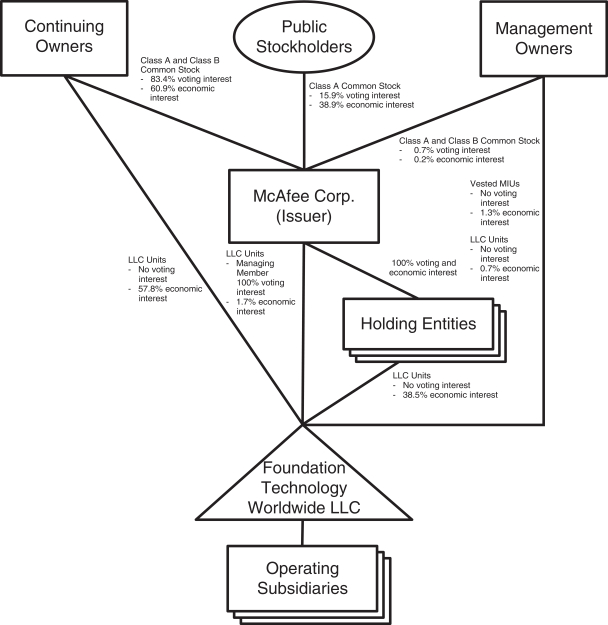products and services to countries, governments, and persons targeted by U.S. sanctions. Even though we take precautions to ensure that we and our channel partners comply with all relevant regulations, any failure by us or our channel partners to comply with U.S. export requirements, U.S. customs regulations, U.S. economic sanctions, or other laws could have negative consequences, including reputational harm, government investigations, and substantial civil and criminal penalties (e.g., fines, incarceration for responsible employees and managers, and the possible loss of export or import privileges).
In addition, changes in our solutions or changes in export and import regulations may create delays in the introduction of our solutions into international markets, including as a consequence of new licensing requirements, prevent certain personnel from developing or maintaining our products, prevent our end-subscribers with international operations from deploying our products globally or, in some cases, prevent or delay the export or import of our solutions to certain countries, governments, or persons altogether. Any change in export or import regulations, economic sanctions or related legislation, shift in the enforcement or scope of existing regulations, or change in the countries, governments, entities, persons, or technologies targeted by such regulations, could result in decreased use of our solutions by, or in our decreased ability to develop, export to, import into, or sell our solutions to, existing or potential end-subscribers with international operations. Any decreased use of our solutions or limitation on our ability to develop, export to, import into, or sell our solutions in international markets would likely adversely affect our business, financial condition, results of operations, and cash flows.
There is also significant uncertainty about the future relationship between the United States and various other countries, most significantly China, with respect to trade policies, treaties, government regulations, and tariffs. The current United States presidential administration is continuing to pursue substantial changes to United States foreign trade policy imposed by the previous administration with respect to China, Mexico, and other countries, including the possibility of imposing greater restrictions on international trade, restrictions on sales and technology transfers to certain Chinese corporations, and continued increased tariffs on goods imported into the United States. Given the relatively fluid regulatory environment in China and the United States and uncertainty regarding how the United States or foreign governments will act with respect to tariffs, international trade agreements and policies, a trade war, further governmental action related to tariffs or international trade policies, or additional tax or other regulatory changes in the future could occur and could directly and adversely impact our financial results and results of operations.
Failure to comply with the U.S. Foreign Corrupt Practices Act, other applicable anti-corruption and anti-bribery laws, and applicable anti-money-laundering laws could subject us to penalties and other adverse consequences.
We currently conduct a substantial portion of our operations and sell our products and services in numerous countries outside of the United States, including in the APAC, EMEA, and LAR regions. Our global operations are subject to the FCPA, the U.K. Bribery Act 2010, and other anti-corruption, anti-bribery, anti-money laundering, and similar laws in the United States and other countries in which we conduct activities. In addition, other applicable anti-corruption laws prohibit bribery of domestic government officials as well as commercial bribery, which involves the giving or receiving improper payments to or from non-government parties.
While we have implemented policies, internal controls, and other measures reasonably designed to promote compliance with applicable anti-corruption, anti-bribery, and anti-money-laundering laws and regulations, our employees, agents, and strategic partners may engage in improper conduct for which we might be held responsible. Any violations of these anti-corruption, anti-bribery laws and anti-money laundering laws and regulations, or even allegations of such violations, can lead to an investigation and/or enforcement action, which could disrupt our operations, involve significant management distraction, and lead to significant costs and expenses, including legal fees. If we, or our employees, agents, or strategic partners acting on our behalf, are found to have engaged in practices that violate these laws and regulations, we could suffer severe fines and penalties, profit disgorgement, injunctions on future conduct, securities litigation, bans on transacting government business, and other consequences that may have a material adverse effect on our business, financial condition, results of operations, and cash flows.
47



